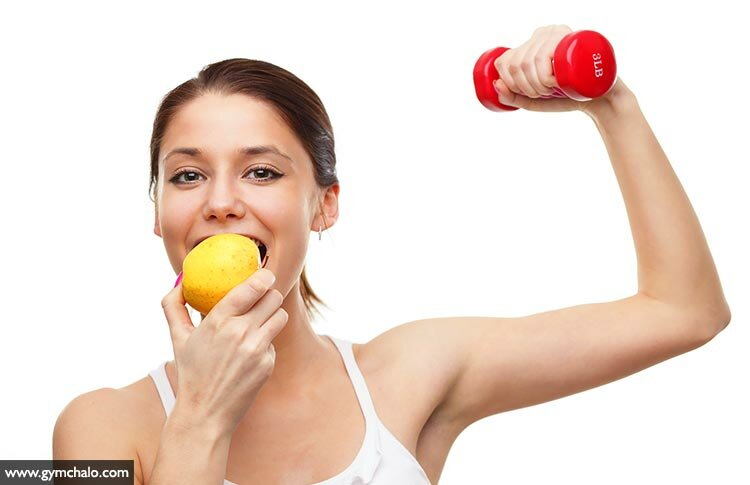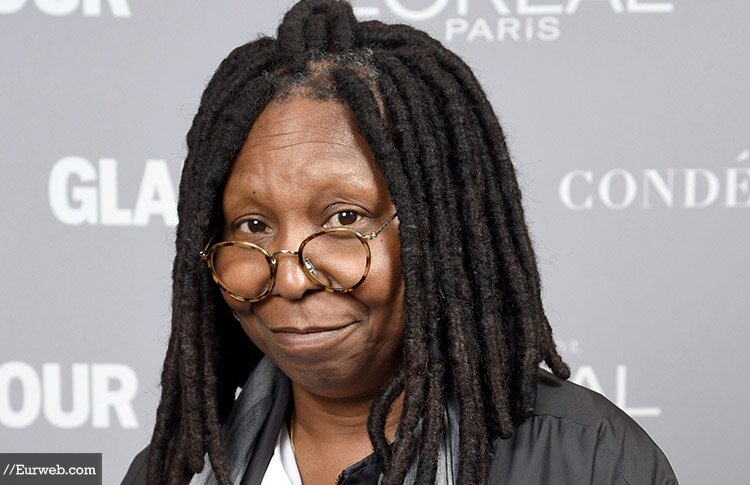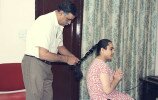Combine These Food Tricks With Your Workout & Experience Amazing Fitness Results
- JWB Post
- April 13, 2016

You’ve read thousands of articles talking about the right kind of diet effective for weight loss. Consider this article one of them, though practical and helpful, backed with the guidance from health experts!
BuzzFeed Health published an article that talks about fueling up your workout with proper foods that can keep your energy levels up, prevent muscle loss, and actually help build muscle. Its team reached out to registered dietitians Brian St. Pierre, director of performance nutrition at Precision Nutrition, and Albert Matheny, certified strength and conditioning specialist at ProMix Nutrition and Soho Strength Lab. Together, they realized that humans need carbohydrates, protein, and fat — aka macronutrients. But the amount of carbs/protein/fat you need will depend on what kind of workout you’re doing.
Each macronutrient has a particular function in keeping you moving, says St. Pierre. Carbs provide you with the energy you need to get through a workout, protein helps repair your muscles after a workout (and preserve muscle mass during a workout), and fat is important for immune function, helping with the absorption of certain vitamins.

Carbs will give you the energy to last your entire workout, plus it’ll help you refill those depleted carb stores after your workout. St. Pierre says, “You also want to make sure you’re getting enough protein pre-workout to prevent muscle loss during. And post-workout to help your muscles rebuild and recover. You should be eating a ratio of 55% carbs, 25% protein, and 20% fat for pre- and post-workout meals or snacks.”

If you’re lifting weights, he suggests, “Weightlifting places a big demand on muscle tissue, so getting protein is important for preventing muscle loss and stimulating muscle growth. You want to eat fewer carbs because you’re using less glucose than if you were doing a longer cardio workout. And then refuel enough to make sure you’re replenishing what you used during training. Eat a ratio of 40% carbs, 30% protein, and 30% fat for your pre- and post-weightlifting meals and snacks.”
Below, the experts are suggesting the carbs/protein/fat ratio for high-intensity interval exercise and weightlifting:
- Why both pre-workout and post-workout meals are important
Your pre-workout meal is what’s going to fuel you enough to get in a great workout, and your post-workout meal is what’s going to help you recover and build up that muscle. If you’re eating an hour before your workout, make your post-workout meal heavier and your pre-workout meal smaller.
-
Eat your meals within one to two hours of your workout.

It’s important to give your body time to digest your pre-workout food and also to get fuel into your system quickly post-workout so your body can refill it’s glycogen stores and repair the muscles that you used during your workout. So your pre- and post-workout meals shouldn’t be separated by more than a total of five hours, says St. Pierre.
- For the after-exercise hunger, try scheduling your meals around your workouts.
If you’re working out in the morning, try either having a small snack beforehand and then a full breakfast afterwards, or eat half your breakfast before you exercise, and the second half afterwards. If you’re working out at night, try to plan it so you’re eating a snack before and your dinner afterward.
- Make sure you’re eating mostly whole, minimally processed, foods.
Aim for getting in a high-quality meal a couple of hours before and after your workout. It doesn’t make a big difference if you’re eating steak, salmon, or protein powder, as long as you’re getting enough protein. The most important thing when it comes to what you eat is that the foods you’re eating are minimally processed with little-added sugar.
- 0
- 0


















